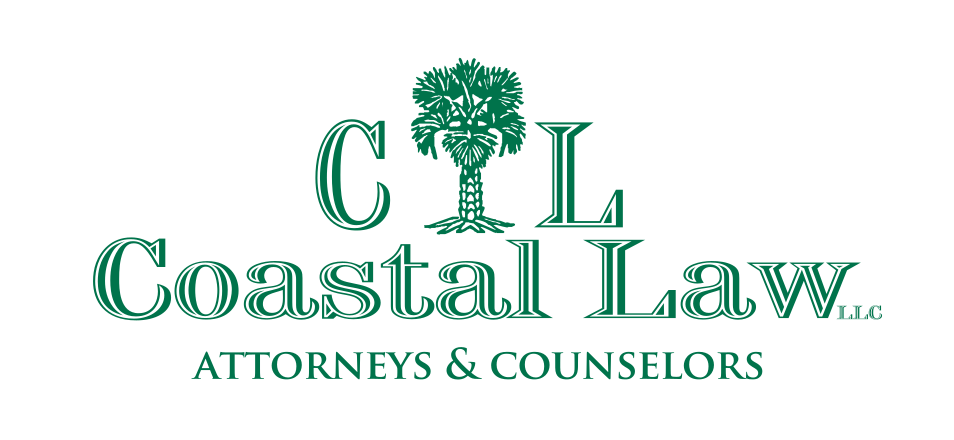What happens if you come across a website that is selling a product or advertising their services and your smiling face appears on the webpage? Or, what if you are a dancer or model and a nightclub uses your image in their social media posts marketing their events?
You can sue for violation of your right to publicity in SC. Although there is no statutory right to sue, the SC Supreme Court has held that there is a common law cause of action for violation of your right to publicity in SC that is included under the theory of invasion of privacy.
Playboy Models Sue Strip Clubs over Image Rights
You have the right to control the commercial use of your image and your name. If someone uses your image or name without your permission, you may have the right to sue for damages.
For example, models, Playboy Playmates, and reality TV stars have successfully sued strip clubs and other businesses for using photos of them on social media and other advertisements without permission:
Strip clubs all over the country have been engaging in the habit of taking pictures of professional models, Playboy Playmates, reality TV stars and others, and using them to advertise their own, local establishments. Now, those clubs are paying a price, according to a report by the legal site Law360, as many of those women are firing back with lawsuits over the unauthorized use of their images.
That’s well and good for models and TV stars, but what if you are not famous? Can you still have a claim for violation of your right to publicity in SC?
Is There a Right to Publicity in SC?
There is a right to publicity in SC, although, technically, the cause of action is “invasion of privacy.”
The SC Supreme Court confirmed that SC recognizes a lawsuit for violation of the right to publicity in Gignilliat v. Gignilliat, Savitz & Bettis, L.L.P., a case where the wife of a deceased attorney sued his former law firm over the continued use of his name.
Although she lost the case (because her husband had given permission to the law firm to use his name), the Court explained that the right to publicity in SC is a part of the cause of action for invasion of privacy, which includes:
- Wrongful appropriation of personality (including the right to publicity);
- Wrongful publicizing of personal affairs; and
- Wrongful intrusion into private affairs.
Invasion of Privacy Lawsuits in SC
The right to publicity in SC, or “wrongful appropriation of personality,” protects your “right to the commercial protection of [your] name, likeness, or identity.” You have the right “to publicize and profit” from your name, identity, and images, which necessarily excludes everyone else’s right to profit from your name, identity, and images.
Although it did not use the exact words, “right to publicity,” the cause of action was first recognized in SC in 1940 in the case Holloman v. Life Insurance Co. of Virginia, which held that a person is entitled to damages for the commercial use of their name without permission:
The right of privacy is one which was not definitely recognized by the law until comparatively recent times. But we find ourselves in agreement with a number of authorities to the effect that the violation of such a right is under certain circumstances a tort which would entitle the injured person to recover damages. But the right of privacy is correctly defined in 21 R.C.L. 1196 as “the right to be let alone; the right of a person to be free from unwarranted publicity”. Or more specifically but less accurately, “the right to live without one’s name, picture or statue, or that of a relative, made public against his will”.
In Gignilliat, the Court recognized that the different names for the cause of action – right to publicity, right to privacy, wrongful appropriation of personality – may be confusing. They noted that the courts should look at the facts alleged in the complaint, not the title of the cause of action, to determine whether a lawsuit is valid.
What Type of Damages are Available for a Violation of My Right to Publicity in SC?
You may have a cause of action for violation of your right to publicity in SC, but how do you calculate the damages?
The use of your image may have damaged your reputation, your ability to use your own image for your own purposes, or your ability to market your own business. But what if you can’t prove a financial loss?
The Court in Gignilliat also held that, even in cases where it is difficult to prove a financial loss caused by the misappropriation of your identity, “there is a presumption of nominal damages in similar cases involving the infringement on the right to control the use of one’s identity:”
Misappropriation of identity is a tort arising from the right to privacy and is designed to prevent the commercial use of one’s name or image without consent. To plead misappropriation of identity, the plaintiff must claim “an appropriation without consent, of one’s name or likeness for another’s use or benefit.” A claimant alleging misappropriation of identity need not prove actual damages, because the court will presume damages if someone infringes another’s right to control his identity.
What does that mean?
“Nominal damages” means that, if they are found liable, the person or company using your image must pay something, regardless of your proof of damages. There is no set dollar amount, though – the jury could award 1$ as nominal damages.
To maximize your recovery, your attorney will want to prove your financial loss through expert testimony, lay testimony, documents, or other means, but proof of damages is not required for you to win your case.
Can I Sue for Violation of My Right to Publicity in SC if I’m Not Famous?
Although the Court does not explicitly say it, you also do not have to be a celebrity or famous person to sue for a violation of your right to publicity in SC.
Does the Right to Publicity in SC Survive Death?
Gignilliat also clarified that “the right to control the use of one’s identity is a property right that is transferable, assignable, and survives the death of the named individual.”
You can sell your right to publicity, transfer it, or assign it to another person or business. It can be inherited from you, and the person who owns your right to publicity through transfer, assignment, or inheritance can sue for a violation of that right.
What are Other Causes of Action that are Related to the Right to Publicity in SC?
The right to publicity in SC, or wrongful appropriation of personality, may be accompanied by other causes of action including:
- Conversion(theft): Intangible property rights (as opposed to tangible property rights like cash or real property) can give rise to a conversion claim if the intangible property rights are identified by a document. If the right to publicity associated with your name or likeness is documented, you may be able to sue for conversion as well as violation of your right to publicity.
- Quantum meruit: If you can prove “unjust enrichment,” or the “wrongful retention” of goods and services by the business or individual who misappropriated your likeness, you may be able to recover under the equitable theory of quantum meruit.
- Invasion of privacy: “Wrongful appropriation of personality,” or the right to publicity, is only one possible cause of action covered by invasion of privacy. When the facts support it, you may also have a cause of action for “wrongful publicizing of private affairs” and “wrongful intrusion into private affairs.”
- Defamation, libel, and slander: If the misappropriation of your likeness included false statements that hurt your reputation, you may also have a cause of action for defamation.
Right to Publicity Lawyers in Myrtle Beach, SC
The SC right to publicity attorneys at Coastal Law are prepared to sue on behalf of our clients who have had their image, identity, or names stolen by an individual or business.
Call the Myrtle Beach right to publicity lawyers at Coastal Law today at (843) 488-5000 or contact us through our website to set up a free consultation and case review.


